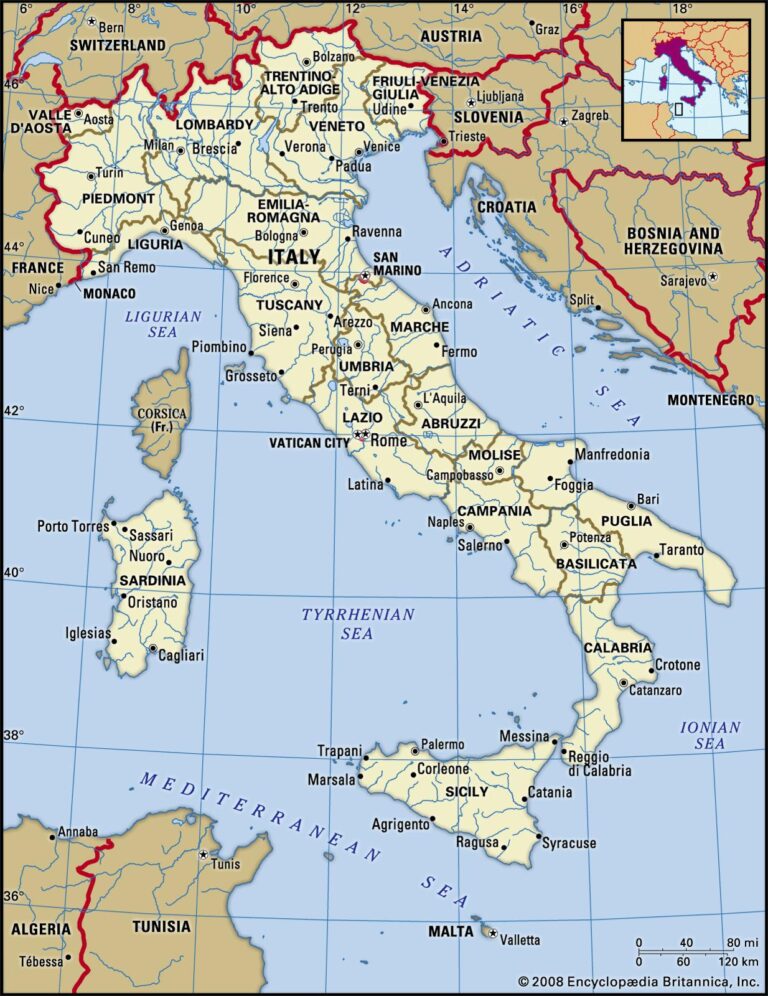Italy’s Groundbreaking Court Ruling: A New Era for Family Recognition
In a pivotal decision that signifies the changing dynamics of family structures, Italy’s supreme court has ruled that two mothers can be recognized as legal parents on their children’s birth certificates. This ruling represents a notable advancement in LGBTQ+ rights within a nation where customary family norms have historically prevailed. As supporters celebrate this milestone, it prompts critical discussions about the ramifications for parental rights, societal acceptance, and the future of diverse family units in italy. This article explores the nuances of the court’s ruling, reactions from various stakeholders, and its potential effects on families nationwide.
Italy’s Supreme Court Ruling Redefines Parental Recognition
The recent verdict from Italy’s highest judicial authority marks a transformative moment in family law by allowing dual maternal recognition on birth certificates. This groundbreaking decision highlights an evolving perspective on parental rights and reflects shifting societal attitudes towards different family configurations. Proponents assert that this ruling not only legitimizes diverse familial arrangements but also enhances legal protections for children raised in non-traditional settings.
In response to this landmark judgment, advocates for LGBTQ+ rights and varied family structures have hailed it as a triumph for equality. The court underscored the principle of children’s best interests, ensuring they receive support and recognition from both parents involved. As Italy embarks on this new legal journey, several key implications arise:
- Improved Legal Safeguards: Children will now enjoy benefits derived from both parents’ legal statuses.
- Cultural Acceptance: Recognizing diverse familial forms can positively influence societal views.
- Potential Legislative Changes: This could lead to broader reforms regarding family law across Italy.
The following table illustrates similar recent rulings across Europe and their outcomes:
| Court Decision | Country | Status Quo Change |
|---|---|---|
| Dual maternal recognition granted | Italy | Acknowledgment of joint parenthood permitted |
| Laws permitting same-sex marriage enacted | Germany |
Impact of the Ruling on Birth Registration and LGBTQ+ Equality rights
This recent judicial decision allowing both mothers in same-sex partnerships to register as legal guardians marks ample progress within LGBTQ+ advocacy efforts. It not only affirms parental rights but also fosters greater acceptance of varied familial structures under Italian law. Consequently, its implications extend beyond mere documentation; they challenge conventional definitions of family while promoting equality and inclusivity throughout society.
The ruling is anticipated to catalyze legislative reforms aimed at addressing existing deficiencies in LGBTQ+ protections within Italian law. By recognizing both mothers as legitimate guardians, there is potential for more comprehensive laws concerning adoption processes, parental responsibilities, and child welfare standards. Furthermore, it may galvanize increased activism among civil rights organizations striving to influence public policy perceptions regarding these issues moving forward.
- <
- Pursuit of Legal Reforms: Anticipated changes aimed at bolstering protections around LGBTQ+ parenting rights.
- Cultural Shifts:The response from communities may indicate evolving attitudes toward same-sex families.
- LGBTQ Advocacy Initiatives: Increased efforts by organizations dedicated to raising awareness about these issues are expected.
Expert views on Promoting Diverse Family Structures Within Italian Society
pRecent judicial actions signify an critically important step toward acknowledging various types of familial arrangements present today.The allowance enabling two mothers to officially register as co-parents reflects an ongoing commitment towards inclusivity within Italian legislation.This progress opens doors for manny same-sex couples seeking long-desired acknowledgment while enhancing visibility across social frameworks.<StrongExperts stress that such transformations can foster greater acceptance among citizens providing necessary support systems tailored specifically towards unique challenges faced by non-traditional households.Experts contend that recognizing diverse configurations is vital not just for those directly involved but also beneficial overall society.As more unconventional families emerge adapting social services educational systems along with legislative frameworks becomes essential.Key recommendations include:
- <liAware Programs: Initiating community outreach initiatives designed enhance understanding surrounding different types dynamic relationships.<liPushing Policy Forward: Formulating policies which acknowledge protect varying kinds structure throughout multiple sectors.
<li<strongProfessional Training Opportunities: Offering specialized training sessions educators social workers focusing specific needs encountered by option models.
Final Thoughts
the landmark verdict issued by Italy’s supreme court has opened avenues leading towards enhanced acknowledgment surrounding multifaceted nature found within modern-day households.This significant shift promotes equality inclusion reflecting broader cultural transformations occurring regarding perspectives held around same-gender parenting practices.In light ongoing discussions related matters concerning familial entitlements,this development emphasizes necessity behind granting formal validation all forms parenthood.Advocates remain hopeful such advancements will inspire further reformations ultimately fostering wider acceptance amidst historically challenging landscapes pertaining issues linked directly back into realm human dignity.




